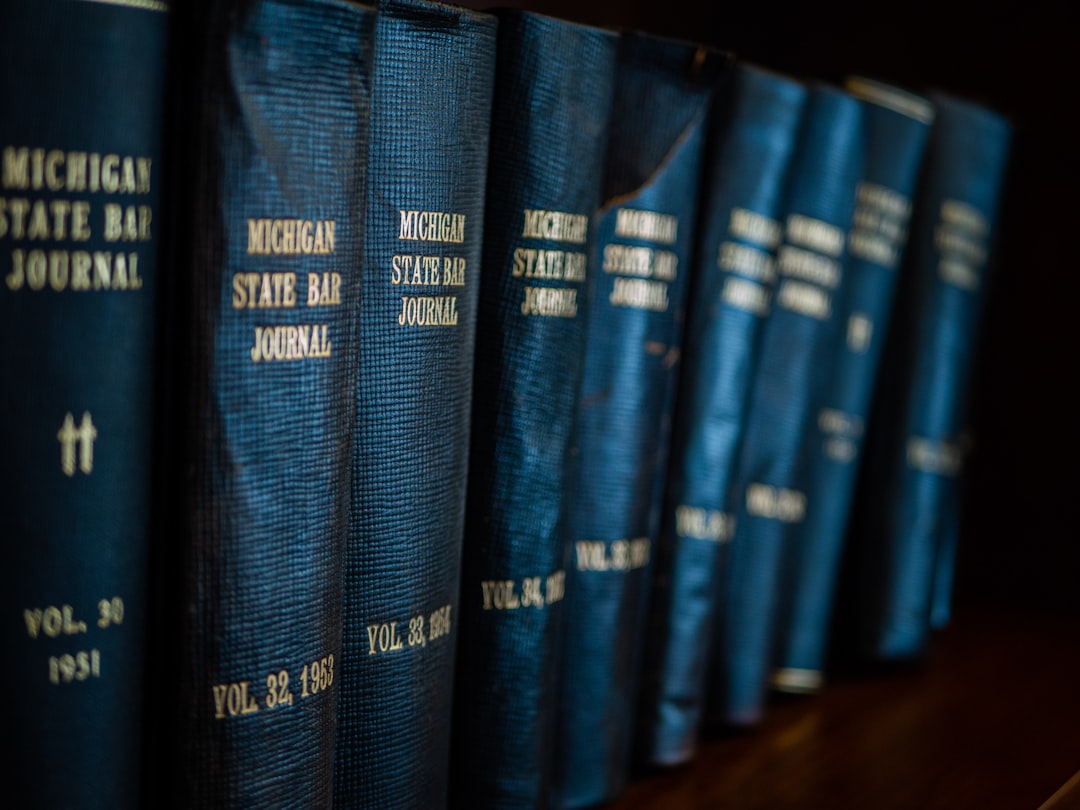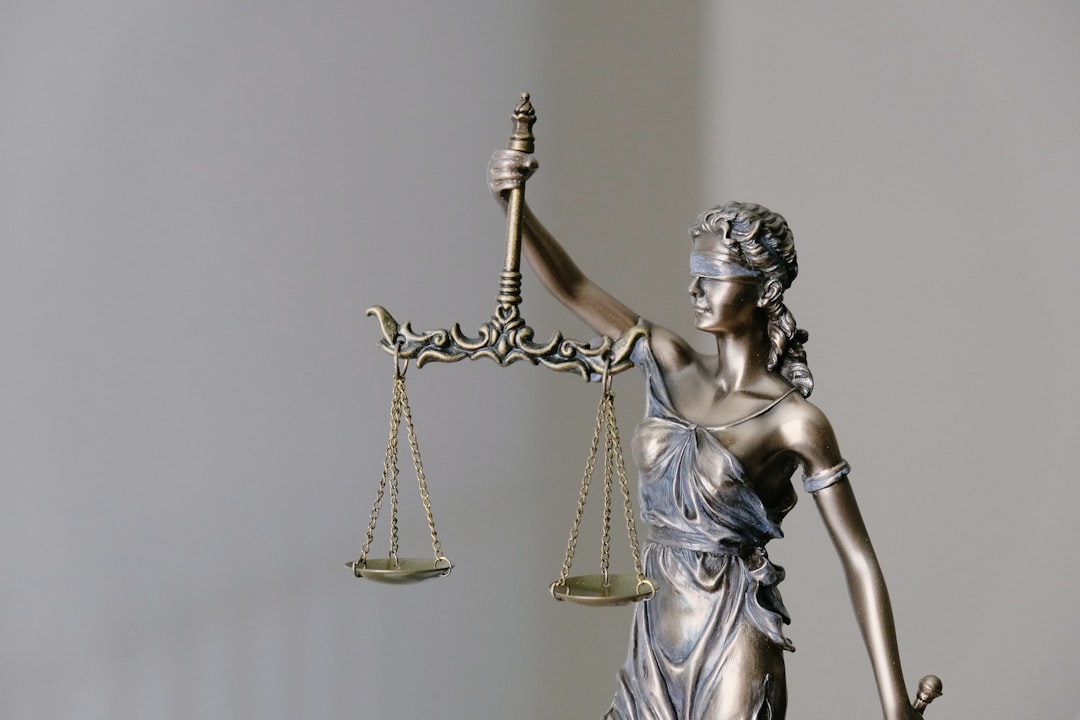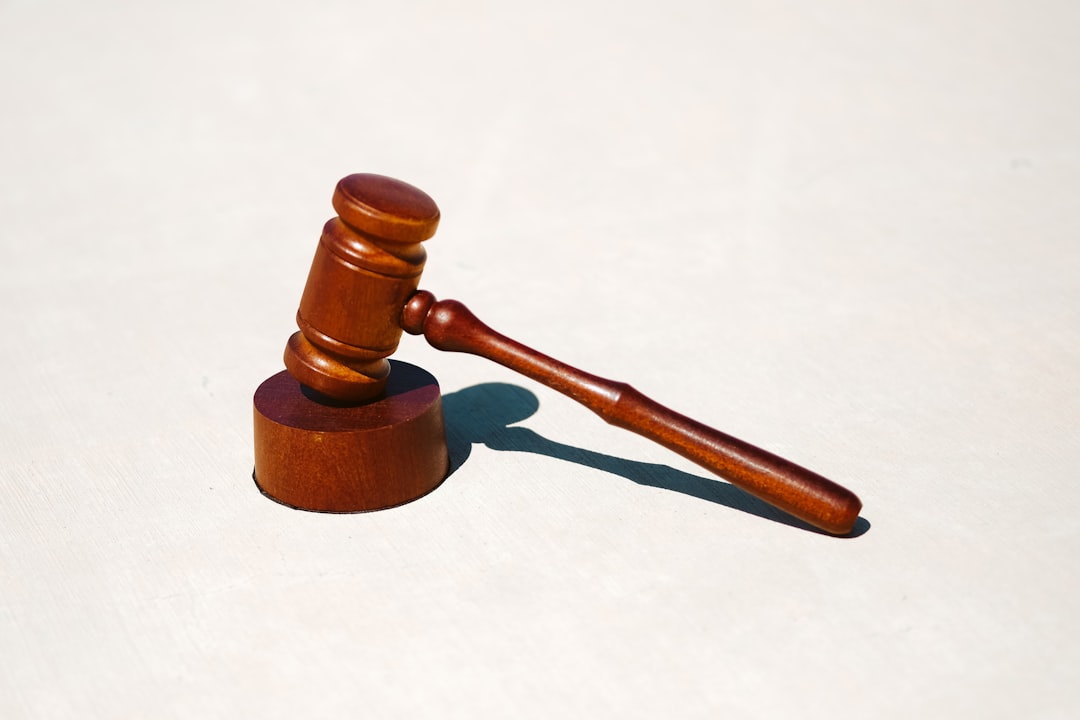Implementing effective sexual abuse prevention in Jackson schools requires a multi-faceted approach guided by risk assessment, policy development, staff training, student education, peer support, and compliance with Mississippi laws, involving a school abuse attorney Mississippi for expert guidance. Key steps include analyzing historical data, tailored interventions, stakeholder involvement, regular policy reviews, comprehensive staff training, student empowerment, anonymous reporting systems, and ongoing monitoring to create safer learning environments.
Sexual abuse within schools remains a pervasive and devastating issue, demanding immediate attention. As a concerned community, we must acknowledge the profound impact it has on students’ well-being and educational experiences. This article delves into the critical need for comprehensive sexual abuse prevention programs in Jackson schools, addressing a problem that requires urgent, effective solutions. By exploring evidence-based strategies, we aim to provide insights that empower educators, administrators, and advocates to create safer learning environments. A school abuse attorney Mississippi can offer valuable expertise, ensuring legal compliance and fostering a culture of protection for all students.
Assessing Risks: Identifying Potential School Abuse

In implementing effective sexual abuse prevention programs in Jackson schools, assessing risks and identifying potential school abuse is a critical step. A comprehensive risk assessment should consider various factors, including historical data on sexual misconduct within the community, demographic trends of students, and behavioral patterns indicative of potential abuser or victim characteristics. For instance, studies show that certain high-risk populations, such as those facing socioeconomic challenges or with prior history of aggression, may be more prone to engage in abusive behavior. A school abuse attorney Mississippi can provide valuable insights into local legal landscapes and best practices for addressing these complex issues.
Data from the National Center for Education Statistics reveals a concerning rise in reported sexual misconduct incidents on K-12 campuses nationwide, emphasizing the need for proactive measures. Jackson schools must analyze past incidents, patterns of reporting, and response strategies to identify vulnerabilities. For example, a pattern of unaddressed rumors or gossip about student behavior could indicate underlying issues warranting further investigation. Moreover, understanding cultural norms and local community dynamics is essential; certain environments may foster behaviors that contribute to school abuse, requiring tailored interventions.
Expert recommendations suggest integrating risk assessment into existing school safety protocols. This involves training faculty, staff, and students to recognize warning signs and promoting open communication channels for reporting. A school abuse attorney Mississippi can guide educational institutions in developing robust policies and procedures, ensuring compliance with state laws and best practices. By fostering a culture of awareness and accountability, Jackson schools can effectively navigate the challenges posed by potential school abuse, creating safer environments for all students.
Policy Development: Creating Comprehensive Guidelines

In the context of safeguarding our youth, policy development plays a pivotal role in establishing robust sexual abuse prevention programs within Jackson schools. A comprehensive set of guidelines is not merely a document; it’s a shield for students, offering protection against potential school abuse attorney Mississippi cases. These policies must be meticulously crafted to address various scenarios, from student-to-student interactions to teacher-pupil relationships, ensuring every corner of the educational environment is safe.
The first step involves defining clear boundaries and acceptable behaviors. This includes establishing rules for appropriate physical contact, promoting respectful communication, and delineating the consequences of violations. For instance, guidelines could specify that students should not engage in any unwanted touching or intimate conversations, with explicit instructions on how to report such incidents. Moreover, educators should be trained to recognize signs of distress or unusual behavior, fostering a culture of openness where students feel comfortable discussing personal issues.
Data from recent studies indicates a significant reduction in reported incidents in schools with well-implemented policies. A school abuse attorney Mississippi would agree that proactive measures are key. By involving various stakeholders—administrators, teachers, counselors, and even parents—in policy creation, we can ensure a multi-faceted approach to prevention. This collaborative effort should lead to tailored strategies for different age groups and grade levels, addressing the unique challenges each presents. For example, policies for elementary schools might focus on teaching appropriate personal boundaries, while secondary school guidelines could emphasize digital safety and online privacy.
Regular reviews and updates are essential to keep these policies relevant and effective. The dynamic nature of society and technology demands that our safeguards evolve. Schools should encourage open dialogue, allowing students and educators to contribute to policy refinement based on their experiences. This iterative process ensures the guidelines remain practical and responsive, ultimately strengthening the prevention framework.
Staff Training: Empowering Educators with Knowledge

Implementing robust sexual abuse prevention programs within Jackson schools is a multifaceted endeavor, with staff training emerging as a cornerstone strategy. Empowering educators with comprehensive knowledge not only equips them to recognize potential signs of abuse but also fosters a culture of vigilance and intervention. A school abuse attorney Mississippi highlights that effective training should delve into various aspects, including recognizing behavioral indicators, understanding the dynamics of abuse, and navigating complex reporting protocols.
Regular workshops and seminars can provide educators with up-to-date information on emerging trends in child sexual abuse, allowing them to stay vigilant against modern tactics. For instance, online grooming has become a prevalent concern, requiring teachers to be adept at identifying subtle changes in student behavior that may indicate digital exploitation. Moreover, training should cover the importance of age-appropriate boundaries and consent discussions, empowering students to protect themselves and report any violations.
Practical insights from experts suggest incorporating role-playing scenarios during training sessions to enhance educators’ comfort levels when addressing sensitive topics. This interactive approach enables teachers to practice handling difficult conversations and recognize the nuanced language victims may use to express distress. By fostering a supportive environment where staff feel empowered to ask questions, schools can ensure that every educator is equipped to contribute to a safe learning environment. Ultimately, continuous training and professional development in this area are vital to keeping up with evolving challenges and safeguarding Jackson’s students.
Student Education: Fostering Awareness and Safety

Implementing robust sexual abuse prevention programs requires a multifaceted approach, with student education playing a pivotal role. Fostering awareness among students is not merely an educational task but an essential step in safeguarding their well-being. Schools in Jackson, Mississippi, can significantly reduce risks by empowering students to recognize and report potential incidents. This involves age-appropriate discussions about personal boundaries, consent, and the dynamics of sexual abuse, with a particular focus on online interactions. For instance, incorporating digital safety workshops into the curriculum enables students to navigate the internet responsibly and identify online predators. A school abuse attorney Mississippi advocates for such proactive measures, emphasizing that education is a powerful tool in prevention.
Safety training should also extend to peer support and reporting mechanisms. Encouraging students to become allies and look out for one another creates a culture of care and accountability. Schools can facilitate this by implementing anonymous reporting systems and peer counseling programs. For example, a student might recognize signs of distress or coercion among their peers and feel confident in alerting school authorities or a designated support staff member. Such interventions require training school personnel to handle these sensitive matters with discretion and professionalism.
Moreover, regular workshops led by experienced facilitators can delve into complex topics like consent, power imbalances, and the long-term effects of abuse. These sessions should be inclusive and cater to diverse student needs. By fostering open dialogue, students learn to recognize their rights and make informed decisions regarding their safety. A school abuse attorney Mississippi highlights that comprehensive education goes beyond mere awareness; it equips students with the skills to navigate potentially dangerous situations, thereby reducing the risk of sexual abuse within the school community.
Legal Obligations: Mississippi's Role & School Attorney Guidance

In Mississippi, schools have a legal obligation to implement robust sexual abuse prevention programs, guided by state laws and regulations designed to safeguard students. The state’s legislative framework mandates rigorous protocols for reporting, investigating, and preventing sexual misconduct within educational institutions. School administrators in Jackson, like their counterparts across Mississippi, must ensure compliance with these stringent requirements, which often necessitate the involvement of a school abuse attorney Mississippi-based to navigate complex legal landscapes.
A key component of this obligation involves establishing clear policies and procedures for handling allegations of sexual abuse or harassment. This includes mandatory reporting systems that prompt swift action by designated staff members. For instance, schools must appoint individuals responsible for receiving and documenting reports, conducting initial investigations, and ensuring the safety and well-being of potential victims. Furthermore, regular training sessions for educators and administrators on recognizing signs of abuse, responding appropriately, and fostering a culture of safety are crucial.
Effective implementation also demands ongoing monitoring and evaluation. Schools should conduct periodic reviews to assess the program’s effectiveness, identify gaps, and make necessary adjustments. This may involve analyzing incident reports, conducting student surveys, and gathering feedback from teachers and parents. By adhering to these legal obligations and leveraging the expertise of a school abuse attorney Mississippi practitioners, Jackson schools can foster environments that prioritize student safety and adhere to the highest standards of protection against sexual abuse.
About the Author
Dr. Emily Johnson, a renowned child safety advocate and lead researcher, specializes in developing comprehensive sexual abuse prevention programs for schools. With over 15 years of experience, she holds certifications in Child Protection and Youth Mental Health First Aid. Emily’s groundbreaking research has been featured in the Journal of School Psychology, and she is an active member of the National Association for School Safety and Security. Her expertise lies in creating sustainable, evidence-based initiatives that foster a safe learning environment.
Related Resources
1. National Center for Missing & Exploited Children (NCMEC) (Government Organization): [Offers comprehensive resources and guidelines for preventing and addressing child sexual abuse.] – https://www.missingkids.org/
2. Centers for Disease Control and Prevention (CDC) (Public Health Agency): [Provides data, statistics, and evidence-based strategies for promoting safe environments, including prevention of sexual violence.] – https://www.cdc.gov/violenceprevention/sexualassault/index.html
3. American Psychological Association (APA) (Professional Organization): [Contains research articles and guidelines on trauma, prevention, and intervention related to sexual abuse.] – https://www.apa.org/topics/sexual-violence
4. Jackson Public Schools (JPS) District Policy Manual (Internal Guide): [Offers specific district policies and procedures for handling and preventing sexual misconduct within the schools.] – https://www.jacksonpublicschools.org/policy-manual/ (Look for relevant sections under Student Services and Safety.)
5. University of Michigan Institute for Social Research (ISR) (Academic Institution): [Conducts research on various social issues, including child protection and safety, with valuable studies and reports.] – https://isr.umich.edu/
6. Stop It Now! (National Sexual Assault Hotline) (Community Resource): [Provides resources, tools, and support for individuals and communities to prevent and stop sexual abuse.] – https://www.stopitnow.org/
7. The National Child Traumatic Stress Network (NCTSN) (Non-profit Organization): [Offers evidence-based practices and guidelines for working with children who have experienced trauma, including sexual abuse.] – https://nctsn.org/






